MELBOURNE, Australia: Prebiotic compounds, whose origin can be traced back billions of years, have been studied intensively since their discovery several years ago. Now, a team of researchers in Australia has found that these prehistoric molecules can be used to modify surfaces of medical implants, reducing the risk of infection and rejection.
The new coating method was developed by the Commonwealth Scientific and Industrial Research Organisation (CSIRO) in collaboration with microbiologists at Monash University.
Although surface modification methods span a wide variety of applications, ranging from solar cells to implantable medical devices, there are very few simple generic aqueous coating methods that are both robust and versatile, as well as easily applicable over a range of substrate materials, the researchers reported in their paper. Therefore, they examined the suitability of the aminomalononitrile polymerisation process for the formation of coatings on a range of substrate materials.
They found that this polymerisation, carried out in buffered aqueous solutions, can be used to coat a wide range of organic and inorganic substrate materials. The coating is biofriendly and cells readily grow on and colonise it and could therefore be applied to medical devices, such as dental implants, catheters and pacemakers to improve their performance and acceptance by the body, according to the researchers.
“The non-toxic coating is adhesive and will coat almost all material, making its potential biomedical applications really broad,” said lead research Dr Richard Evans. “This research opens the door to a host of new biomedical possibilities that are yet to be explored.”
As the coating process is very simple and uses methods and substances that are already available, biomedical manufacturers can produce improved results more cost effectively compared with existing techniques.
CSIRO is the first organisation to investigate practical applications of this kind using prebiotic chemistry. It is currently seeking to partner with manufacturers to exploit this technology.
The study, titled “Prebiotic-chemistry inspired polymer coatings for biomedical and material science applications”, was published online on 13 November in the NPG Asia Materials journal.
embedVideo("Mediathek_2_660",660, "large");
The essential trace element, magnesium (Mg), has a vital role in our human body. It has many uses in dentistry and orthopedics. We see dental implant ...
BRISBANE, Australia: Dental professionals and researchers continue to look for the best solutions to help prevent and manage peri-implant disease. For ...
POHANG/SEOUL, South Korea: Guided bone regeneration is widely used for dental implant surgeries. However, in patients with insufficient bone quantity and ...
Dental implants are aesthetic and essential for replacing missing or highly infected teeth in diabetic or non-diabetic patients. On the contrary, dental ...
Periodontal health extends far beyond the confines of the mouth, reaching into the intricate ecosystem of the gut. Recent research suggests a fascinating ...
Dentistry is adopting computer technology & newer digital tools in multiple areas, including shade matching to minimize or eliminate human errors.
...
BRISBANE, Australia: Ensuring the formation of a solid soft-tissue seal at the dental abutment surface is crucial for protecting the underlying tissue from ...
VLADIVOSTOK, Russia: Dentists and histologists from the Far Eastern Federal University (FEFU) have discovered cells that may be responsible for the human ...
LEUVEN, Belgium: Bacterial and fungal pathogens can form a biofilm on dental implants that is resistant to antimicrobial drugs like antibiotics. As a ...
GOTHENBURG, Sweden: Biofilm formation on dental implants is a major challenge for dental professionals. It causes patients great inconvenience and entails ...
Live webinar
Fri. 13 February 2026
10:30 pm IST (New Delhi)
Live webinar
Mon. 16 February 2026
10:30 pm IST (New Delhi)
Live webinar
Tue. 17 February 2026
10:30 pm IST (New Delhi)
Live webinar
Wed. 18 February 2026
7:30 pm IST (New Delhi)
Dr. Anna Lella, Ms. Francesca Nava
Live webinar
Wed. 18 February 2026
10:30 pm IST (New Delhi)
Prof. Dr. João Caramês CODE expert, Dr. Robert Gottlander DDS
Live webinar
Mon. 23 February 2026
1:30 pm IST (New Delhi)
Ass. Prof. Elizabeth Shick, Dr. Zehra Yonel
Live webinar
Tue. 24 February 2026
11:30 pm IST (New Delhi)
Prof. Dr. Markus B. Hürzeler



 Austria / Österreich
Austria / Österreich
 Bosnia and Herzegovina / Босна и Херцеговина
Bosnia and Herzegovina / Босна и Херцеговина
 Bulgaria / България
Bulgaria / България
 Croatia / Hrvatska
Croatia / Hrvatska
 Czech Republic & Slovakia / Česká republika & Slovensko
Czech Republic & Slovakia / Česká republika & Slovensko
 France / France
France / France
 Germany / Deutschland
Germany / Deutschland
 Greece / ΕΛΛΑΔΑ
Greece / ΕΛΛΑΔΑ
 Hungary / Hungary
Hungary / Hungary
 Italy / Italia
Italy / Italia
 Netherlands / Nederland
Netherlands / Nederland
 Nordic / Nordic
Nordic / Nordic
 Poland / Polska
Poland / Polska
 Portugal / Portugal
Portugal / Portugal
 Romania & Moldova / România & Moldova
Romania & Moldova / România & Moldova
 Slovenia / Slovenija
Slovenia / Slovenija
 Serbia & Montenegro / Србија и Црна Гора
Serbia & Montenegro / Србија и Црна Гора
 Spain / España
Spain / España
 Switzerland / Schweiz
Switzerland / Schweiz
 Turkey / Türkiye
Turkey / Türkiye
 UK & Ireland / UK & Ireland
UK & Ireland / UK & Ireland
 International / International
International / International
 Brazil / Brasil
Brazil / Brasil
 Canada / Canada
Canada / Canada
 Latin America / Latinoamérica
Latin America / Latinoamérica
 USA / USA
USA / USA
 China / 中国
China / 中国
 Pakistan / Pākistān
Pakistan / Pākistān
 Vietnam / Việt Nam
Vietnam / Việt Nam
 ASEAN / ASEAN
ASEAN / ASEAN
 Israel / מְדִינַת יִשְׂרָאֵל
Israel / מְדִינַת יִשְׂרָאֵל
 Algeria, Morocco & Tunisia / الجزائر والمغرب وتونس
Algeria, Morocco & Tunisia / الجزائر والمغرب وتونس
 Middle East / Middle East
Middle East / Middle East
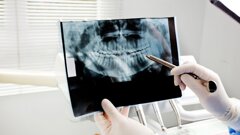

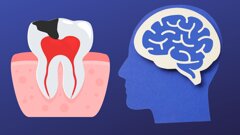
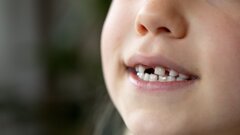
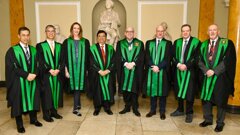









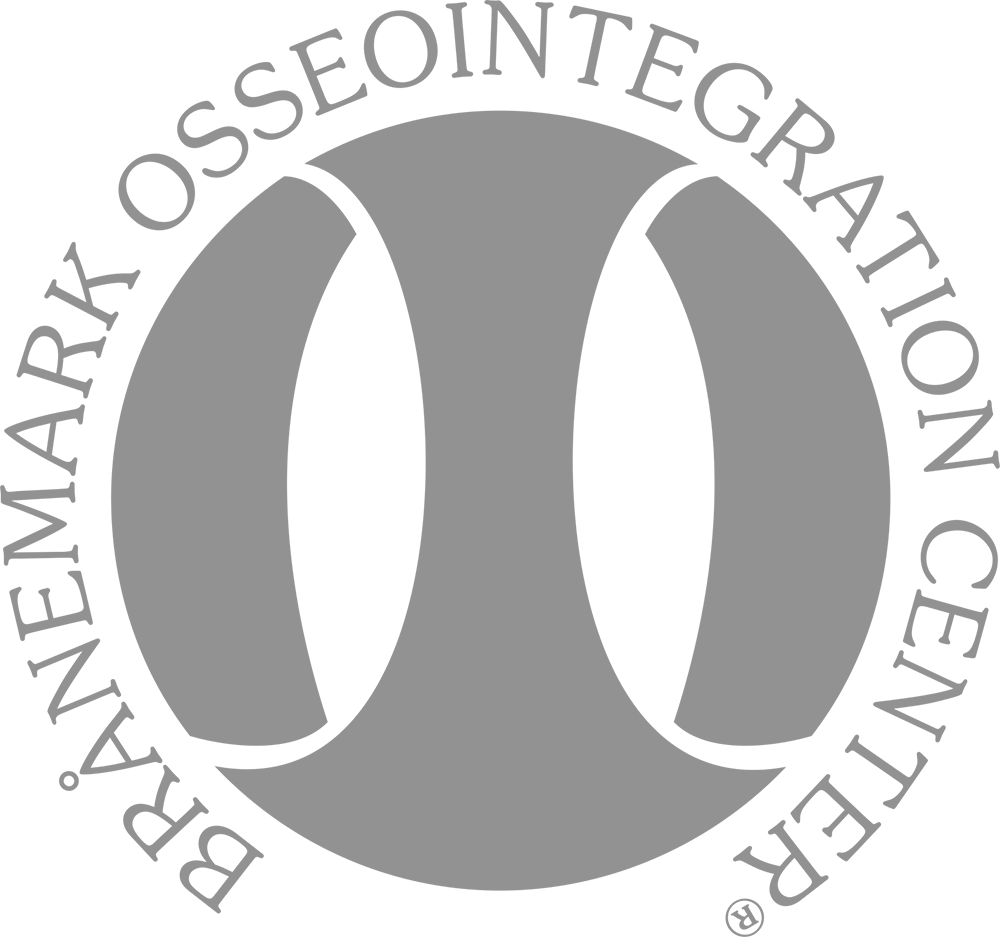














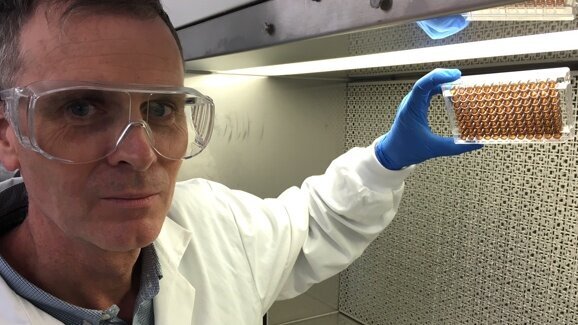



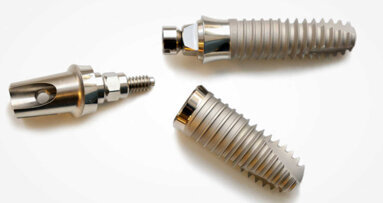
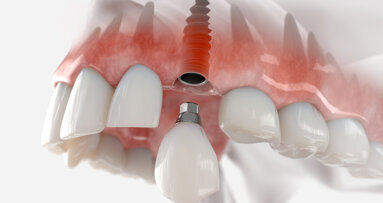
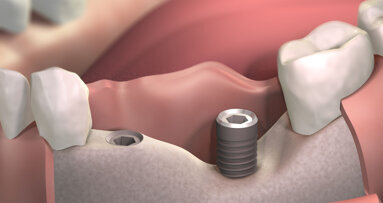
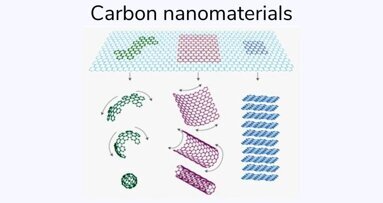
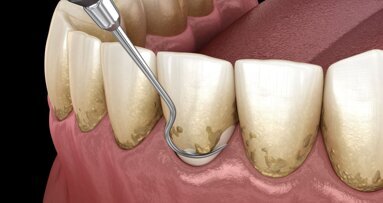
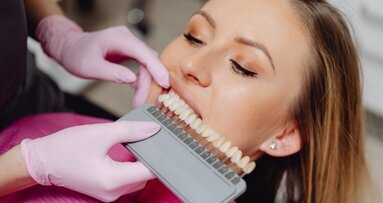
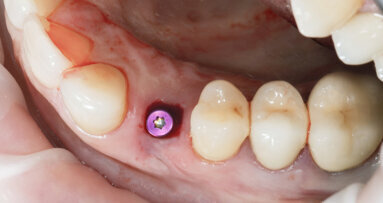
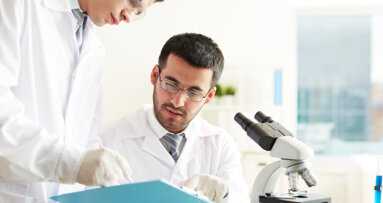
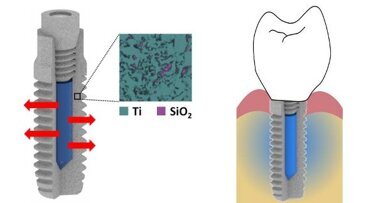
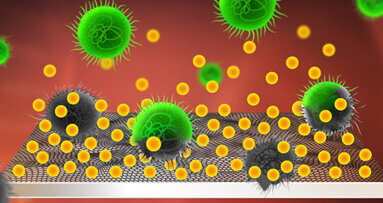
















To post a reply please login or register